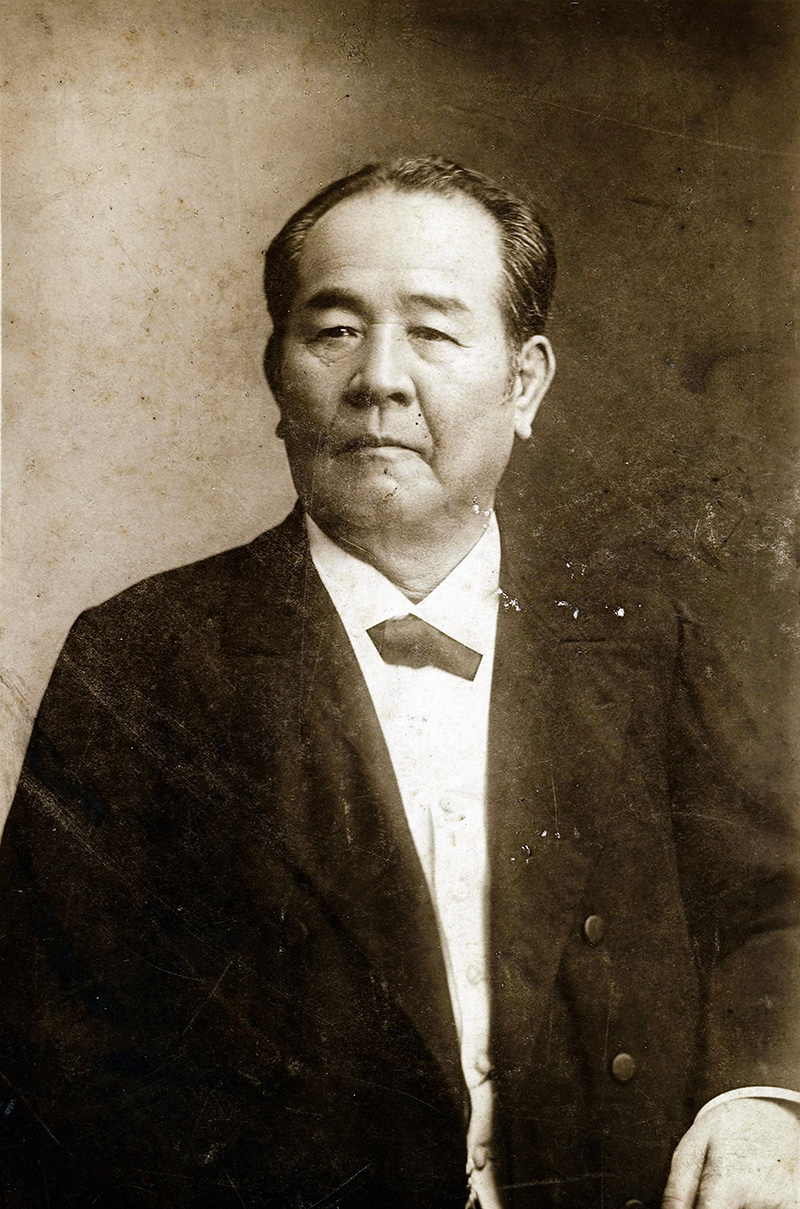Effective Management of Nonprofits NPOの成功例 国民の権利と義務
Effective Management of Nonprofits NPOの成功例
Nonprofits need management even more than business does.
In the early 1990s, people sentenced to their first prison term in Florida, mostly very poor black or Hispanic youths, were paroled into the Salvation Army’s custody – about 25,000 per year, Statistics showed that if these young men and women had gone to jail, the majority would have become habitual criminals. But the Salvation Army was able to rehabilitate 80 percent of them through a strict work program that was run largely by volunteers. And the program cost a fraction of what if would have to keep the offenders behind bars.
Underlying this program and many other effective nonprofit endeavors is a commitment to management. Forty years ago, management was a dirty word for those involved in nonprofit organizations. It meant business, and nonprofits prided themselves on being free of the taint of commercialism and above such sordid considerations as the bottom line. Now most of them have learned that nonprofits need management even more than business does, precisely because they lack the discipline of the bottom line. The nonprofits are, of course, still dedicated to “doing good.” But they also realize that good intentions are no substitute for organization and leadership, for accountability, performance, and results. Those require management and that, in turn, begins with the organization’s mission.
ACTION POINT: Commit your nonprofit organization to effective management. Adopt high standards of organization, leadership, accountability, performance, and results.
Managing for the Future
NPOの成功の根底にあるものが
マネジメントである。
一九九〇年代のはじめ以降、フロリダ州では初犯者を仮釈放し、救世軍の保護観察下においている。その数は年間二万五〇〇〇人におよぶ。刑務所に入ると、五〇%以上が犯罪常習者になる。ところが救世軍は、ボランティアが運営する労働プログラムによって八〇%を更正させる。費用は刑務所よりはるかに少ない。
NPOの成功の根底にあるものがマネジメントである。四〇年前、NPOにとってマネジメントは汚い言葉だった。営利活動を意味した。NPOは営利と無縁であることを誇りにしていた。
しかし今日、NPOの大半が、収支という基準を欠いているからこそ企業以上にマネジメントが必要なことを知っている。NPOは善をなすためにある。だが、今日彼らは、善き意図といえども、組織、リーダーシップ、責任、仕事、成果に代わることはできないことを知っている。
(『未来企業』)
渋沢先生曰く、「人は常に権利と義務との境目を明確にし、踏み外さないようにしなければならない。権利があれば、その隣には義務がある。権利と義務は常にお互いに関連して、並行するものであるから、権利が増すほど義務もまた大きくなるものである。しかし、喜んで権利を自分のものとしながら、義務を軽んじるものがいる。義務を担うもの場合になって、これを免れようとするは不道徳の至りである。我々は権利を得ることを目的とするよりは、むしろ義務を履行する国民とならねばならない。個人の権利・義務ですら、義務を優先するとあるから、国家の権利義務においても、同様であることは言うまでもない。」
According to Dr. Shibusawa, “People must always clarify the boundary between rights and obligations and keep an eye on them. If there is a right, there is an obligation next to it. Rights and obligations are always related to each other. However, as the rights increase, the obligations also increase because they are parallel. However, there are those who are willing to take possessions of their rights but disregard their obligations. It is immoral to try to escape this. We must be citizens who fulfill their obligations rather than aiming to obtain them. Even individual rights and obligations prioritize obligations. Therefore, it goes without saying that the same applies to the rights and obligations of the state. “


